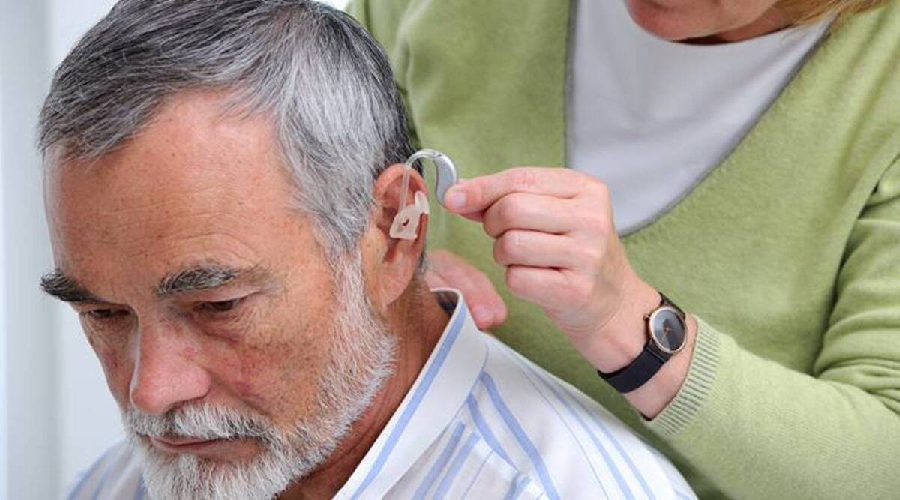Titanium is the future of hearing technology.
Titanium is a metal that’s been around for a while, but it only recently started to gain popularity. It’s been used to make everything from golf clubs to tennis rackets and even an airplane. But now, scientists are using it to make new devices that can help people hear better.
While we’re still in the early stages of developing this technology, there are already some promising results: Titanium has been shown to be more effective than other materials at blocking noise from getting into your ear canal and causing hearing loss. And because titanium is lighter than most other materials, it can be worn comfortably under your clothes without any discomfort or noise reduction issues.
Some companies are already using titanium in their products—for example. You can learn more about hearing aids and earwax removal in our earwax removal courses uk.
Titanium is a very promising new material for hearing aids. It’s not as commonly used in hearing aids as gold or platinum, but it has a lot of potential to make new technologies more accessible to consumers.
What is Titanium?
Titanium is a naturally occurring element found in the earth’s crust. It’s used in many different industries and applications, including jewelry, aerospace and car parts. It has unique properties that make it an ideal material for use in hearing aids. For example, its strength makes it durable enough to withstand wear and tear while still being flexible enough to move with the wearer’s jaw muscles during conversations. Titanium also has a low density which makes it light enough not to be uncomfortable when worn all day long or during sleep at night.
How Does Titanium Compare To Other Materials?
Gold and silver are commonly used in hearing aid technology because they conduct sound better than other metals like iron or steel do which helps improve sound quality by making sure the signal reaches your ear canal unimpeded by any obstructions like hair or clothing. These metals also have higher melting temperatures than titanium does so they can be melted down into shape without losing any of its strength
Earwax removal is becoming more and more popular, and there’s a good reason for that.
To begin with, earwax is naturally present in the human body. It serves to protect the outer ear canal from bacteria, insects, and other irritants. However, this protection can also be detrimental to your hearing if you have excessive earwax buildup in your ears.
If you have excessive earwax buildup in your ears, it can cause a number of problems including:
– Inability to hear because of loud noises or sudden noises
– Hearing loss from prolonged exposure to loud noises or sudden noises
– Ear infections caused by excess earwax






